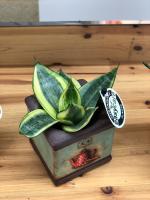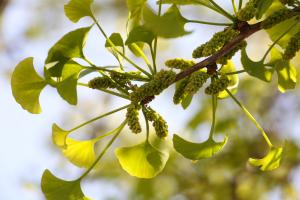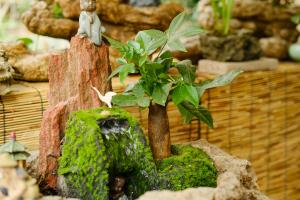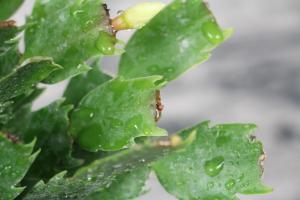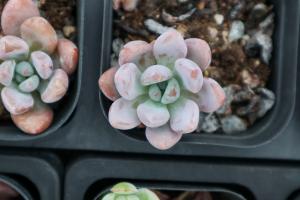Will Grey Water Kill Plants?
Grey water is the term given to wastewater that comes from non-toilet use, such as the water from washing machines, sinks, and showers. Many people wonder if using grey water to water their plants will harm or kill them. The answer is, it depends. In some cases, it can indeed damage plants, but there are ways to safely use grey water in your garden or yard.
The Risks of Grey Water
The potential danger of using grey water to water plants comes from the fact that it contains traces of household chemicals, soaps, and detergents. These chemicals may contain salts, boron, and phosphorus, which can accumulate in the soil over time and harm plant growth. Additionally, grey water can contain harmful bacteria and pathogens, especially if it is not treated properly.
Safe Ways to Use Grey Water
Despite the risks, there are ways to use grey water safely and effectively in your garden. The first step is to ensure that the water is treated properly. This can be done in a variety of ways, including using a grey water filtration system, adding a natural treatment agent like hydrogen peroxide or baking soda, or using designated grey water-safe products. It is also important to use the water as soon as possible after it is collected, as standing water can harbor harmful bacteria.
Another key factor to consider when using grey water is the type of plants you are watering. Some plants are more tolerant of grey water than others, and it is important to choose species that can handle the potential chemical buildup in the soil. Plants that have shallow roots or are sensitive to salt, such as citrus trees or lettuce, may be more at risk of damage. On the other hand, hardy plants with deep roots, like trees or shrubs, may be more tolerant.
Best Practices for Grey Water Use
When using grey water, there are a few key best practices to keep in mind to ensure the health and safety of your plants. Firstly, avoid using grey water on edible plants that you plan to consume, as there is a risk of harmful bacteria contamination. Additionally, avoid using grey water on any plants that are suffering from disease or insect infestations, as the water may spread these issues further. Finally, be sure to test your soil regularly for pH levels and nutrient concentrations to ensure that any buildup from grey water is not affecting plant growth.
Conclusion
In conclusion, the answer to the question of whether grey water will kill plants is not a straightforward one. If used improperly or on the wrong types of plants, it can be detrimental to their health. However, with proper treatment and careful consideration of plant selection and maintenance, grey water can be a safe and effective way to conserve water in your garden or yard.

 how many times do yo...
how many times do yo... how many planted tre...
how many planted tre... how many pine trees ...
how many pine trees ... how many pecan trees...
how many pecan trees... how many plants comp...
how many plants comp... how many plants can ...
how many plants can ... how many plants and ...
how many plants and ... how many pepper plan...
how many pepper plan...
